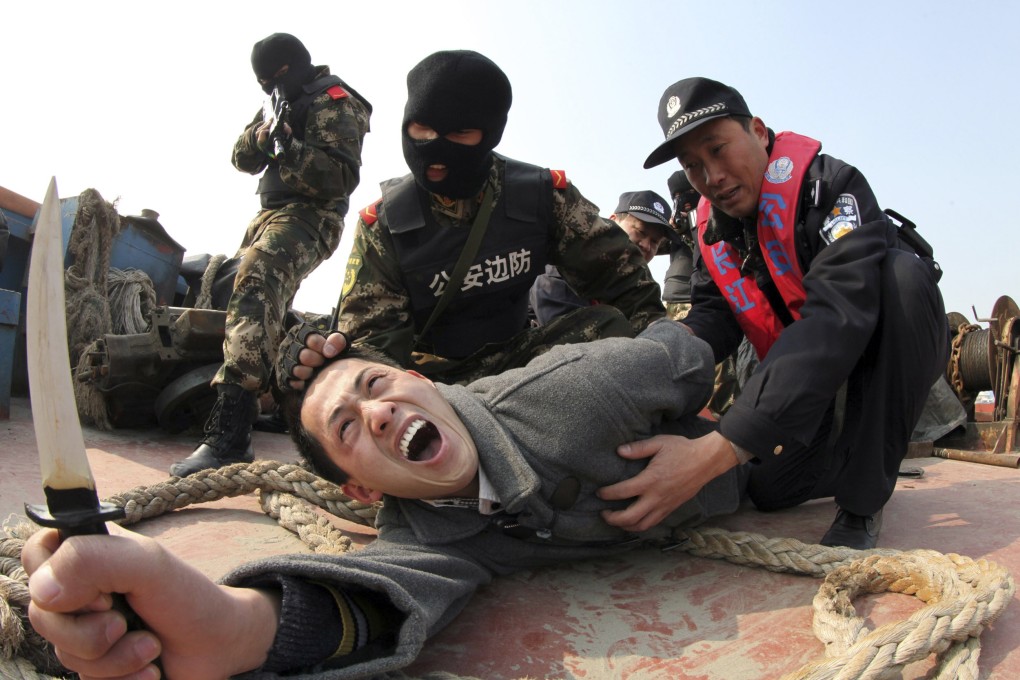China arrests 380 suspects in first month of anti-terror crackdown
China has arrested more than 380 suspects in the first month of a year-long crackdown on “terrorism”, media said today.

China has arrested more than 380 suspects in the first month of a year-long crackdown on “terrorism”, media said today as authorities grapple to curb rising violence stemming from Xinjiang province.
Assailants in two vehicles killed 39 people last month, one of several high-profile attacks blamed on militants from Xinjiang.
In recent months these have spread beyond the far western region and targeted ordinary citizens rather than government or security personnel.
The day after the Urumqi market attack, Beijing announced that “terrorists and extremists will be hunted down and punished” as part of a year-long campaign, which also targets “gun and explosive manufacturing dens and terrorist training camps”.
